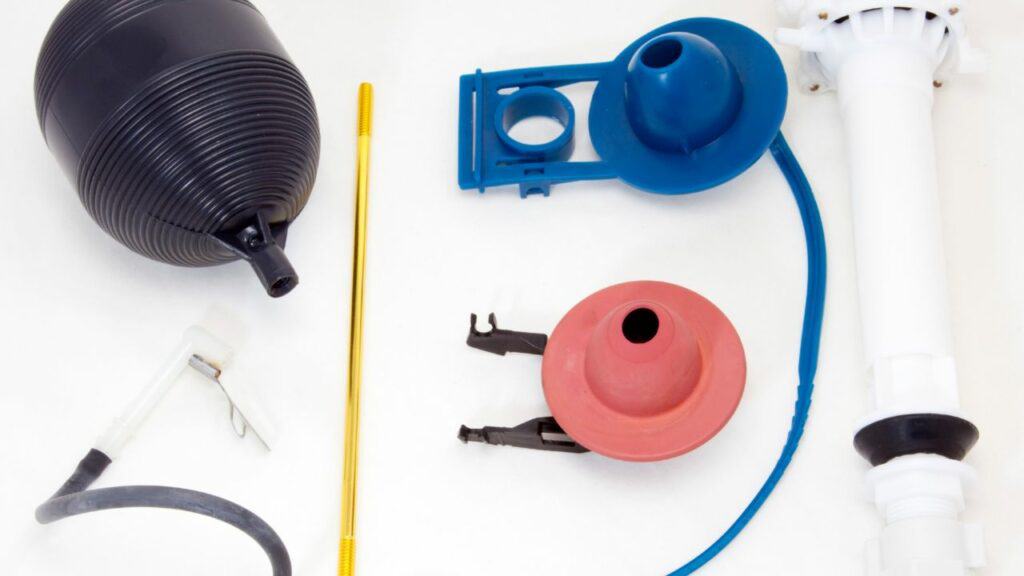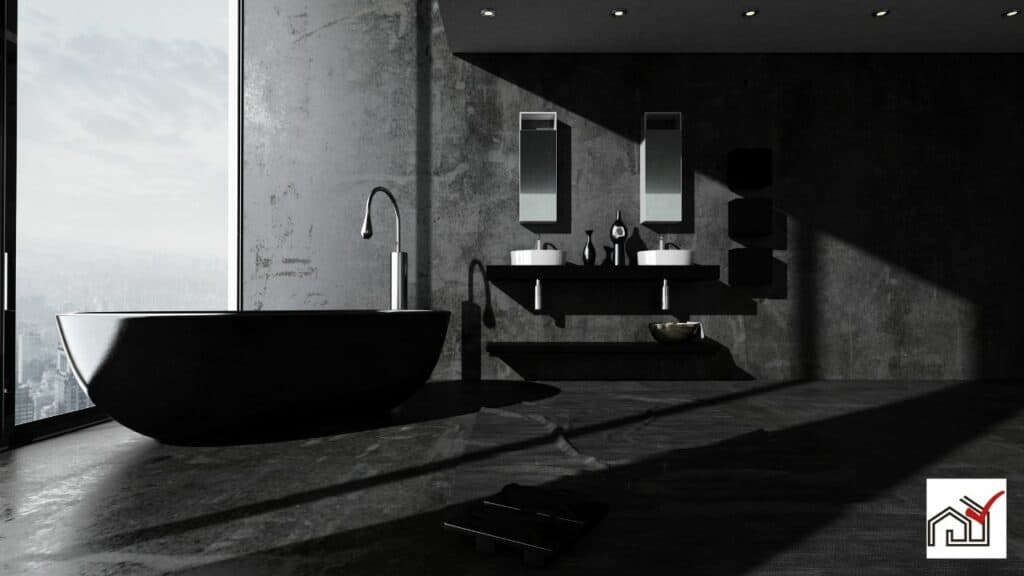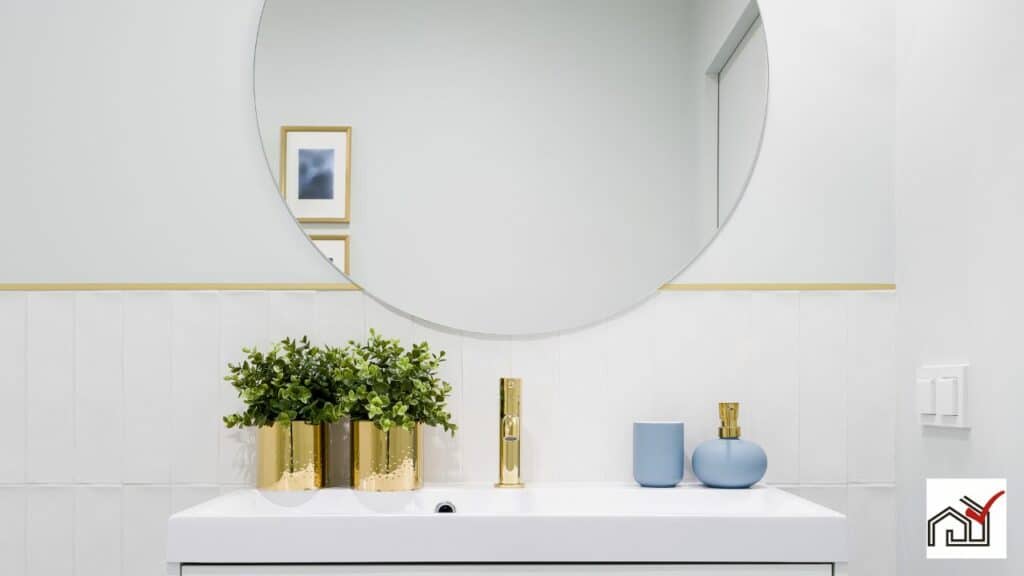Choosing between a shower base and tiles depends on various factors.
Shower bases are affordable, easy to install, and require little upkeep. They are made from materials like fiberglass or acrylic, which provide a leak-proof surface.
On the other hand, tiles offer a wide range of design options and can enhance the bathroom's look. Although they can be more expensive and complex to install, tiles are durable and allow for individual tile replacement if needed.
Homeowners should consider their budget, design preferences, and readiness to perform maintenance when deciding on their shower flooring.
Understanding Shower Bases
Shower bases serve as an essential part of modern bathroom construction, offering a dependable and efficient alternative to traditional tile floors. These units are made from materials including acrylic, fiberglass, composite, porcelain, and cast iron, each with unique benefits such as durability, ease of cleaning, and visual appeal.
Acrylic and fiberglass shower bases are notable for their quick installation, unlike the labor-intensive process required for tiled floors, which need a sloped mortar bed and a waterproof membrane. Acrylic bases are light and durable, with a non-porous surface that prevents mold and mildew, making them simple to clean. They can fit various bathroom designs and configurations. Cast iron bases are heavier and offer long-lasting durability, with a porcelain enamel finish that resists scratches and chips and is easy to maintain.
Installing a tiled shower floor allows for custom designs but requires more time and money. It involves laying tiles on a sloped mortar base, covered by a waterproof membrane to avoid water damage. This method requires accuracy and can lead to grout stains, requiring frequent sealing to stay waterproof.
Benefits of Shower Bases
Shower bases provide a strong and efficient alternative to tiled shower floors, making installation quicker and reducing leak risks. Acrylic shower bases are favored for their ease of installation compared to the more time-consuming process of tiling. Shower bases are typically installed and sealed faster, benefiting both DIY enthusiasts and professional builders.
Shower bases have advantages over tiles in preventing water damage. They are designed to be leak-proof, with non-porous surfaces and no grout lines, reducing the likelihood of water seeping in and causing damage. This design also simplifies cleaning and reduces the potential for mold and mildew growth.
Cost-wise, shower bases are generally more affordable than the materials and labor for a tiled shower floor. They require less maintenance, which can save homeowners time and money over time.
In terms of durability, shower bases are less likely to crack compared to tile and grout, which can degrade with use. This makes shower bases a practical choice with long-term value, as they maintain their function and appearance with minimal maintenance.
Drawbacks of Shower Bases
Shower bases have several disadvantages to consider. They can develop microfractures due to flexing, which affects their durability and can cause leaks. This is especially true for acrylic bases, which are prone to cracking under weight.
Additionally, shower bases made of acrylic or polymarble can discolor over time, with exposure to soaps and cleaning products worsening this effect. Repairing these bases can be costly since they often require professional attention or complete replacement, unlike individual tiles which can be easily replaced.
Customization is limited with prefabricated shower bases, as they may not fit unique shower dimensions or design preferences, potentially making them less suitable for bespoke bathroom designs.
Exploring Tile Flooring
Tile flooring in showers allows for various designs, improving both function and style. Homeowners and designers can choose from materials such as ceramic, porcelain, or natural stone, each offering distinct textures, colors, and patterns. Tiled shower floors are durable and can maintain their appearance with proper installation, but they require maintenance to prevent mold and mildew in grout lines, which may stain over time.
Professional installation is crucial for tile shower floors to ensure correct placement and waterproofing, which helps avoid leaks. The cost of materials and labor for tile installation is typically high, but a well-done tile shower floor can add value to a home and provide a custom look that prefabricated bases cannot.
Advantages of Tile Floors
Tile floors in showers offer several advantages. They are highly versatile, allowing for custom designs to fit any bathroom size or shape. Homeowners can choose from a wide variety of tiles in different materials, colors, patterns, and textures to suit their personal taste.
Tile floors are also durable, providing a stable surface that can handle daily use with proper installation and sealing. This durability means tiles can last for decades with little maintenance, making them a cost-effective choice in the long run.
Additionally, a well-designed tile shower floor can increase a home's value. It enhances the bathroom's look, potentially making the property more attractive to buyers and possibly raising its resale value.
Challenges With Tile Floors
Tile floors in showers require frequent maintenance and are at risk of water damage due to grout's absorbent nature. Grout between tiles can stain and support mold growth without periodic resealing. Moreover, traditional wet-bed installation methods for tiled shower floors can fail, leading to leaks that may cause mold, decay, and structural damage. Waterproofing shower floors and walls is essential to prevent these issues.
Tile installation is labor-intensive and costly. It involves precise measuring, cutting, and placing of tiles, in addition to grouting, which adds to installation time and expense compared to prefabricated shower bases.
Maintenance and Longevity Comparison
Prefabricated shower bases typically require less maintenance and have a longer lifespan compared to tiled shower floors. Made from materials like acrylic and polymarble, these bases are leak-resistant due to their seamless design. They are particularly suitable for heavily used bathrooms as they do not require frequent sealing or grout cleaning.
In contrast, tiled floors offer more design options but need more upkeep. Grout lines can attract mold and mildew, requiring regular cleaning to maintain appearance and cleanliness. Tiles can also crack or chip, which may need repair to keep the shower floor intact. A well-installed shower base usually needs only regular cleaning.
Regarding longevity, shower bases may be more durable than tiled showers, which can last over 50 years if maintained properly and installed correctly. Quality prefabricated shower bases, when installed correctly, can be just as long-lasting or even more so, with the added advantage of being easier to maintain.





